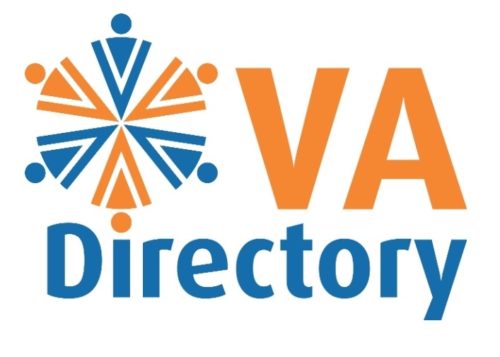I use statcounter.com to track visits to my websites and my blogs – whilst each domain also has webstats attached to the web server, I find it useful having all of it in one place so I can do instant visual comparisons and see how each one is going. I started with a free account but soon invested in a paid account, because the information was worthwhile to me.
Periodically I see links from emails or discussion forums that lead people to my websites or blogs. That doesn’t mean I can see or read their emails, or that I can log into the forums and post or contact people, but it does make me aware that someone has emailed someone else that’s led them to the site, or in the case of forums, if the discussions are on public display, I can see what is being discussed.
This is most useful, particularly in the case of the forums. It’s helped me redesign my main VA site for example to let people know various aspects of the network I run. People are nervous about the legitimacy of some web businesses and worried about scams, so I want to put their minds at rest. And in one instance, I actually contacted the owner of a forum website and gave them some information to pass on to their members explaining how to find out if the site is a scam or for real. And I’ll share some of that message here, for your benefit – the reader.
I know that scammers have made it difficult for people to work out what is real from what is not, but I would like to encourage your forum members to put in the research and use Google, or their favourite search engine. Search on the industry they’re interested in (we’re called Virtual Assistants but you can search on homebased secretaries too) and search on the business name. Even make contact with the people if their contact details are available. The scammers usually are not easily contactable or easily tracked down. And there will normally be very little reference to them on the web (because they don’t stay in the same place under the same name for long) or there will be bad reports about them on the web. Searching ‘Virtual Assistants’ in Google for example will bring up thousands and thousands of references, and even searching on my business name or my personal name there are hundreds of references.
It is sad that people have to be so suspicious, when once upon a time it wasn’t the ‘norm’, but it is a reality today. However, if you take care in your research and check things out, you can be reasonably sure that all is above board before signing up to something online. Researching business names for example will help pull up the good and the bad on the web, or even people’s individual names. And if there are no contact details available at all but they’re asking for your money, I would encourage you to think very carefully.
There are many websites that help people establish a business at home and it is reasonable to consider that there is going to be a cost to this – it costs the people running the website for the webhosting, the webdesign, the advertising, the materials, their time and effort for maintaining things and putting systems into place, managing databases, answering enquiries and so on so if there is a membership fee involved, this is a reasonable expectation. If however, you’re just handing over money to receive a report that you can make copies of to sell to other people, then perhaps you do need to reconsider whether that is worthwhile doing.
So, having stats and knowing where people are coming from will help you market your online business better. I’ve even been able to improve my keywords and key phrases for the meta tags due to searches and visits I see taking place. KMT
virtual assistant, web stats, key words, work at home scam

KevinD says
Hi Kathie
Have you ever studied the results on Alexa? It drives me mad!
Great blog, why not consider adding it to our growing wall of blogs?
http://www.fuelmyblog.com
Regards
KevinD